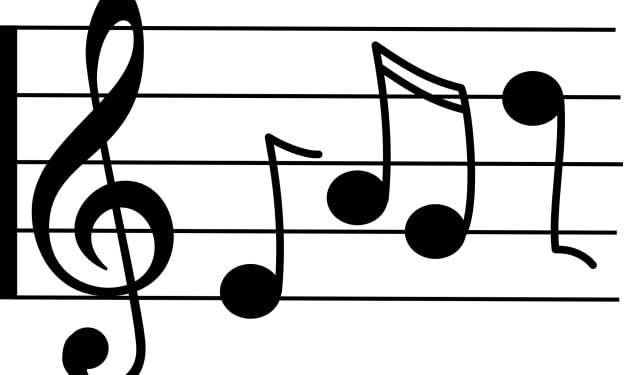
Music history is a vast and diverse topic, encompassing a wide range of musical styles, genres, and cultural influences. It is impossible to cover the entire history of music in just 1000 words, but I can provide a broad overview of some of the major developments and milestones in music history.
Ancient Times
Music has been an integral part of human culture for thousands of years. The earliest known musical instruments, such as bone flutes and drums, date back to ancient civilizations in Africa, Asia, and Europe. Music was used for a variety of purposes, including religious ceremonies, entertainment, and as a means of communication.
Medieval Period
During the Middle Ages (roughly 500-1400 CE), music was primarily religious in nature and was used in the liturgies of the Catholic Church. Chant, a form of monophonic (single melody) vocal music, was the dominant form of music during this period. The medieval period also saw the development of polyphonic (multiple melody) music, which involved the simultaneous performance of two or more independent melodies.
Renaissance
The Renaissance (1400-1600) was a period of great cultural and artistic flourishing, and music was no exception. The invention of printing in the mid-1400s made it possible for music to be widely disseminated, leading to the development of a thriving music industry. This period saw the emergence of many new musical forms, including the motet, a type of choral music, and the madrigal, a secular vocal music form.

Baroque
The Baroque period (1600-1750) was characterized by elaborate, ornate music, often featuring complex melodies and intricate counterpoint. This period saw the emergence of opera, a form of musical theatre that combines music, drama, and stage design. The Baroque period also saw the development of the concerto, a form of instrumental music featuring a solo instrument accompanied by an orchestra.
Classical
The Classical period (1730-1820) is known for its balance, clarity, and restraint. Composers of this period, such as Wolfgang Amadeus Mozart and Ludwig van Beethoven, wrote music that was highly structured and based on formal principles, such as sonata form. This period also saw the emergence of the symphony, a form of orchestral music featuring several movements and usually played by a large ensemble.
Romantic
The Romantic period (1815-1910) was characterized by an emphasis on emotion, individuality, and the expression of personal feelings. Composers of this period, such as Franz Schubert and Frederic Chopin, wrote music that was often introspective and highly expressive. The Romantic period also saw the emergence of the solo piano as a dominant musical form, as well as the development of the program symphony, a type of symphony that tells a story or conveys a specific idea or emotion.
20th Century
The 20th century was a time of great experimentation and innovation in music, with many new styles and genres emerging. Composers such as Igor Stravinsky and Arnold Schoenberg challenged traditional notions of tonality and form, paving the way for the development of modern classical music. The 20th century also saw the emergence of popular music styles such as jazz, rock, and hip hop, which continue to be influential to this day.
21st Century
The 21st century has witnessed a continuation of the diverse and varied nature of music, with a wide range of styles and genres coexisting and influencing one another. Electronic and digital music technologies have had a major impact on the way music is produced, distributed, and consumed. The rise of the internet and streaming services has made it easier for musicians to share and promote their music, leading to the emergence of many independent and DIY artists.
Conclusion
Music history is the study of the development of music over time. It encompasses a wide range of topics, including the history of various musical genres, the histories of particular composers and musicians, and the cultural and social contexts in which music was created and performed. Some key events and figures in music history include the emergence of polyphonic music in medieval Europe, the Baroque period of the 17th and 18th centuries, the classical tradition of the 18th and 19th centuries, and the many musical movements of the 20th and 21st centuries.





Comments
There are no comments for this story
Be the first to respond and start the conversation.